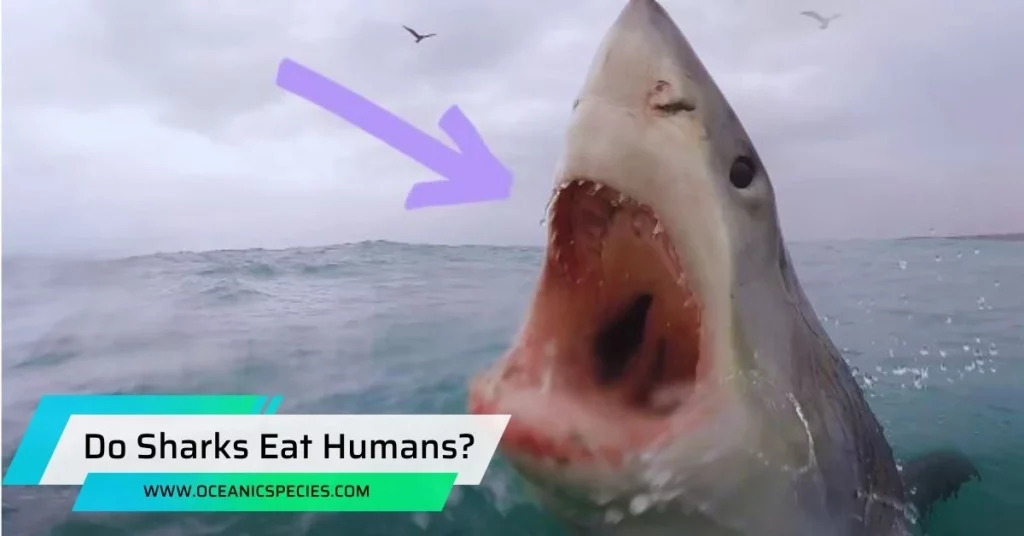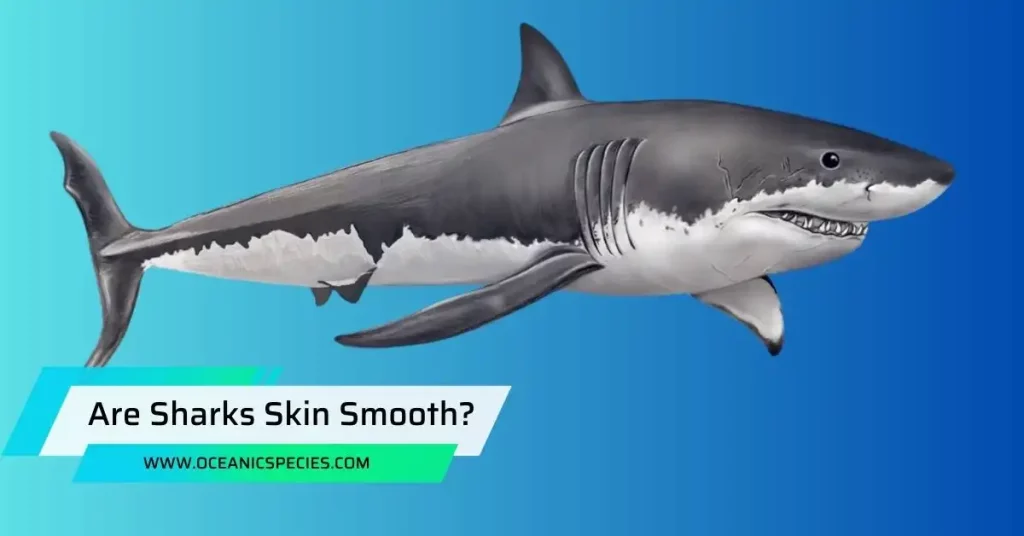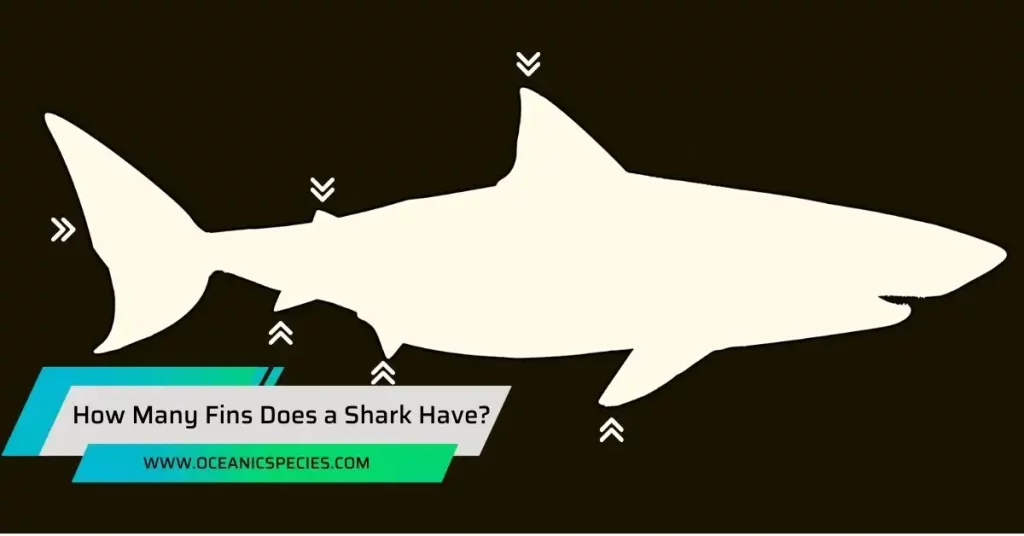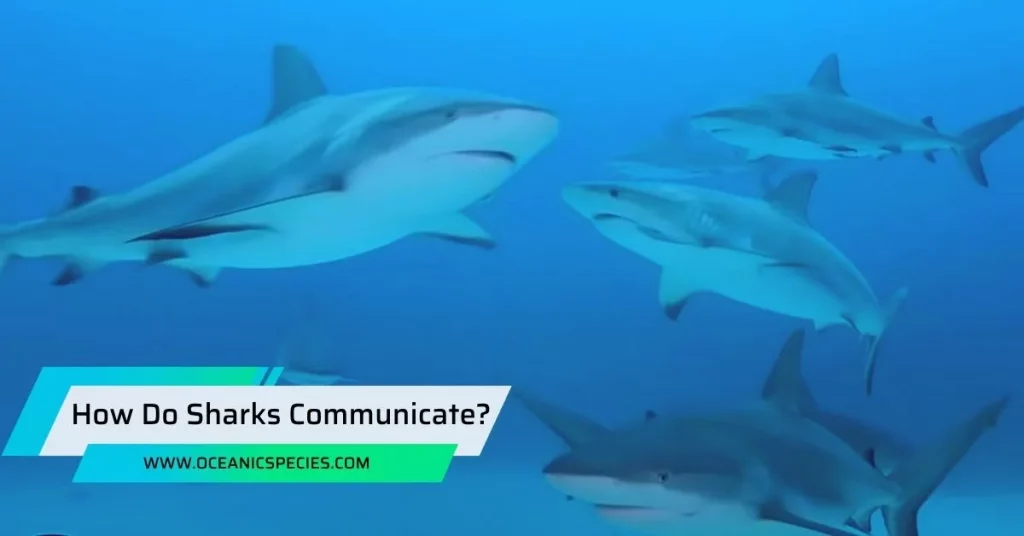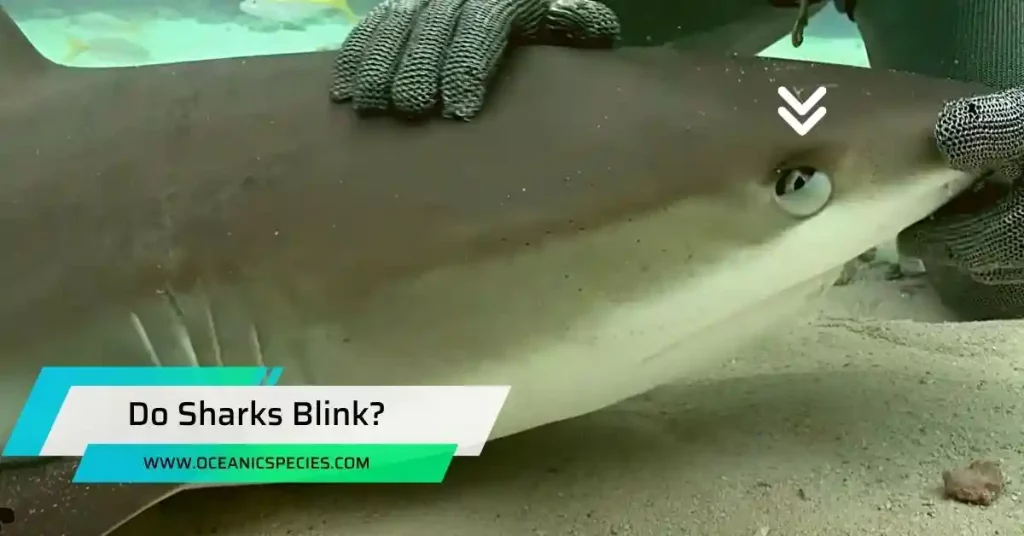Sharks do not typically eat humans, as they prefer marine animals and fish. Sharks are apex predators in the ocean ecosystem, playing a crucial role in maintaining the balance of marine life.
However, in rare instances, sharks may attack humans if they mistake them for prey or feel threatened. Such incidents are very uncommon and should not deter people from enjoying the ocean and its riches. Understanding shark behavior and practicing safety measures, such as avoiding areas with known shark activity and refraining from wearing shiny jewelry or brightly colored clothing, can help minimize the risk of encounters with sharks.
It is vital to respect these incredible creatures and their natural habitats to coexist peacefully in our shared marine environment.
The Fear Factor: Why Sharks Have A Bad Reputation
Sharks have long been feared and portrayed as bloodthirsty killers in popular culture. Movies like Jaws and media sensationalism have played a significant role in creating this negative perception. However, it is essential to separate facts from fiction and understand why sharks have been unfairly stigmatized.
In this section, we’ll explore two key factors that contribute to the fear associated with sharks: media influence and shark attack sensationalism, as well as misconceptions about sharks and their behavior.
Media Influence And Shark Attack Sensationalism
Although shark attacks are relatively rare, media coverage tends to magnify their impact. Sensational headlines and dramatic storytelling often dominate news reports, creating an atmosphere of fear and misunderstanding. Here are some key points to consider:
- Media outlets usually sensationalize shark attacks to attract attention and boost ratings, emphasizing the rarity and severity of such incidents.
- Thrilling stories, often enhanced with graphic images or videos, tend to stick in people’s minds and reinforce negative perceptions about sharks.
- This skewed portrayal in the media overshadow the vast majority of sharks that pose no threat to humans.
- It is important to recognize that humans are not a preferred prey for sharks, and most attacks occur due to mistaken identity or provoked behavior.
- By focusing solely on shark attacks, the media can create an exaggerated image, neglecting the extensive research and conservation efforts centered around these magnificent creatures.
Misconceptions About Sharks And Their Behavior
The general public’s knowledge about sharks is often limited and influenced by misconceptions perpetuated by the media. Let’s explore some of these misconceptions:
- Sharks are not indiscriminate killers and do not actively seek out human prey. They play a crucial role in maintaining balanced marine ecosystems.
- Contrary to popular belief, sharks are intelligent and curious creatures. They often investigate unfamiliar objects by bumping or biting to gather information.
- The vast majority of shark species are not a threat to humans. Out of the approximately 500 known species, only a few are potentially dangerous.
- Sharks do not roam close to shorelines with the intention of attacking humans. Their presence near coastal areas is typically related to factors such as hunting for food or following migratory patterns.
- Using strategies like shark nets or culling programs as a response to shark attacks can be ineffective and detrimental to marine ecosystems.
Understanding Shark Diets: What Do They Really Prefer?
It’s time to separate fact from fiction and understand the truth about sharks’ dietary preferences. Let’s explore the topic of shark diets and uncover whether humans are really on their menu.
Examining Shark Feeding Habits And Preferences
Sharks are apex predators that play a crucial role in maintaining the balance of marine ecosystems. While they do consume a variety of prey, their diet primarily consists of:
- Fish: Sharks have a strong preference for fish, which make up the majority of their diet. They have adapted over millions of years to be fast and efficient hunters, with specialized teeth designed for grasping and tearing apart their piscine prey.
- Marine mammals: Some species of sharks, like the great white, may occasionally feed on marine mammals like seals and sea lions. However, these instances are relatively rare and not a significant part of their overall diet.
- Other marine animals: Sharks also feed on other marine animals such as crustaceans, squid, and smaller sharks. Their varied diet shows their adaptability and ability to find sustenance in different aquatic environments.
Dispelling Popular Myths About Shark Attacks On Humans
Despite popular belief, sharks do not actively seek out humans as a preferred food source. Here are some key points to dispel the myths surrounding shark attacks on humans:
- Mistaken identity: In most cases, shark attacks on humans have been attributed to cases of mistaken identity. Sharks primarily rely on their senses, particularly smell and sight, to identify potential prey. In murky or low-visibility conditions, they may mistakenly target humans, as they possess similar silhouettes to their natural prey.
- Exploratory biting: While rare, instances of shark bites on humans are often regarded as exploratory bites rather than intentional attacks. Sharks use their mouths to investigate unfamiliar objects or creatures in their surroundings. Unfortunately, due to their sharp teeth and powerful jaws, these curious bites can result in serious injuries.
- Low incidence: When considering the vast number of humans that engage in aquatic activities worldwide, the number of shark attacks is incredibly low. The chances of encountering a shark while swimming or engaging in water sports are statistically minimal.
Human-Shark Interactions: Rare Encounters Or Common Occurrences?
Shark attacks on humans have long intrigued and frightened people around the world. Movies like “jaws” have perpetuated the image of sharks as ruthless man-eaters. But are such encounters as common as they appear?
In this section, we will explore global shark attack statistics, identify common factors in shark attacks on humans, and differentiate between provoked and unprovoked shark encounters.
Analyzing Global Shark Attack Statistics
The international shark attack file (ISAF) collects data on shark attacks worldwide. According to ISAF, there were x reported shark attacks in the past year alone. The number of shark attacks worldwide has been generally stable over the years, with fluctuations depending on various factors. The chances of an individual encountering a shark and being attacked are incredibly low.
Identifying Common Factors In Shark Attacks On Humans
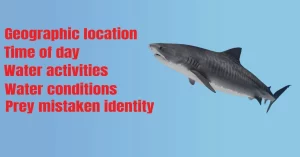
Despite their rarity, shark attacks tend to share some common factors, including:
- Geographic location: Certain regions have a higher incidence of attacks due to factors such as shark populations and human activities.
- Time of day: Attacks are more likely to occur during early morning or late afternoon.
- Water activities: Surfing, swimming, and diving account for the majority of shark attacks on humans.
- Water conditions: Poor visibility, murky water, or excessive splashing may attract sharks.
- Prey mistaken identity: Sharks can mistake humans for their usual prey, such as seals or fish.
Differentiating Between Provoked And Unprovoked Shark Encounters
Not all shark encounters result in an attack. It is important to differentiate between provoked and unprovoked incidents.
- Provoked encounters: These occur when humans initiate contact with sharks, usually while fishing or interacting with them in some way.
- Unprovoked encounters: These incidents involve no human provocation and are more likely to result in an attack.
- Unprovoked shark encounters are classified as either hit-and-run or bump-and-bite incidents.
- Hit-and-run incidents: Sharks may bite or bump a human before quickly retreating. These incidents are relatively minor but can still cause injuries.
- Bump-and-bite incidents: These encounters involve repeated biting and can be more severe, sometimes resulting in fatalities.
Shark Conservation And The Importance Of Coexistence
Remember, sharks are not the bloodthirsty killers often portrayed in the media. They are a vital part of our oceans’ ecosystems, and it is our responsibility to coexist with them and ensure their survival.
The Vital Role Of Sharks In Marine Ecosystems
Sharks are apex predators that play a crucial role in maintaining the balance of marine ecosystems. As top predators, sharks help regulate the populations of their prey species, preventing them from overpopulating and disrupting the ecosystem. Sharks also target weaker and sick individuals within a species, which helps ensure the survival of the fittest and strengthens the overall genetic pool.
By controlling the populations of their prey, sharks indirectly help maintain the health of coral reefs and seagrass beds, which are vital habitats for numerous marine species. Additionally, sharks are bioindicators, meaning their presence or absence can serve as indicators of the overall health of an ecosystem. A decline in shark populations often signifies a disturbance within the marine environment.
Promoting Responsible Human Behavior In Shark Habitat
It is crucial for humans to understand and respect the habitats of sharks to ensure their conservation and safety. Avoid entering the water if you have an open wound, as the smell of blood can attract sharks. Be mindful of fishing practices that can harm or kill sharks unintentionally, such as shark finning or using unsustainable fishing gear.
Educate and raise awareness among coastal communities and tourists about the importance of shark conservation and the role sharks play in maintaining healthy ecosystems.
Support organizations and initiatives that promote responsible shark tourism practices, such as cage diving and snorkeling, which allow people to observe sharks in their natural habitat without causing harm. Encourage responsible shark fishing practices, such as catch and release, to minimize the impact on shark populations.
Advocating For Conservation Efforts And Education
Conservation efforts are critical to safeguarding the future of sharks and maintaining the delicate balance of marine ecosystems. Support and participate in research initiatives focused on studying shark behavior, populations, and migration patterns. Promote shark conservation through educational programs in schools and communities to raise awareness about the importance of sharks and dispel common misconceptions.
Encourage the establishment and enforcement of marine protected areas (mpas) that encompass shark habitats, ensuring their preservation. Collaborate with local fishermen and communities to develop sustainable fishing practices that avoid targeting sharks directly. Advocate for stricter regulations and policies surrounding the international trade of shark products to combat illegal shark finning and protect endangered shark species.
Separating Fact From Fiction
It is important to separate fact from fiction when it comes to understanding Shark’s behavior. In this section, we will recap the key points and findings discussed throughout this blog post and emphasize the need for accurate shark information.
Additionally, we will encourage respect, understanding, and coexistence with these magnificent creatures.
Recap Of Key Points And Findings:
While sharks are apex predators and do occasionally come into contact with humans, the number of shark attacks is relatively low. In fact, you are more likely to be struck by lightning or be involved in a car accident than be attacked by a shark. Most species of sharks do not actively seek out humans as prey. They are more interested in their natural prey, such as fish, seals, and sea lions.
The majority of shark attacks occur when a shark mistakes a human for its intended prey, typically due to poor visibility or mistaken identity. Contrary to popular belief, not all sharks are maneaters. Some species, like the whale shark and basking shark, are filter feeders that primarily consume plankton and small fish. The media tends to sensationalize shark attacks, which can create unnecessary fear and misconceptions. It is important to verify information and rely on reputable sources when learning about sharks.
Emphasizing The Need For Accurate Shark Information:
Misinformation and sensationalized reporting can perpetuate harmful stereotypes and instill unnecessary fear of sharks. This can further harm these already vulnerable animals. Accurate shark information is crucial for promoting conservation efforts and dispelling myths surrounding these misunderstood creatures. Scientists and researchers work tirelessly to gather data and conduct studies to better understand shark behavior and ecology. By supporting and spreading accurate information, we can contribute to their conservation initiatives.
Encouraging Respect, Understanding, And Coexistence With Sharks:
Instead of fearing sharks, it is important to respect their role in the marine ecosystem. They play a crucial role in maintaining the balance of marine life. Education and awareness about sharks can help foster understanding and dispel misconceptions. By learning about their behavior, habitats, and conservation needs, we can appreciate their vital importance to the oceans.
Frequently Asked Questions
How Often Do Sharks Attack Humans?
Shark attacks on humans are extremely rare, accounting for just a few cases each year.
What Makes Sharks More Likely To Attack Humans?
Sharks may mistake humans for their natural prey when visibility is low or when they’re hunting near the shoreline.
How Can You Avoid A Shark Attack?
To avoid shark attacks, avoid wearing shiny jewelry, swimming at dusk or dawn, or swimming in waters where sharks are known to frequent.
What Should I Do If I Encounter A Shark?
If you encounter a shark, maintain eye contact, slowly back away, and exit the water calmly.
Conclusion
To recap, while shark attacks on humans do occur, they are extremely rare. The media tends to sensationalize these incidents, creating a fear that is disproportionate to the actual risk. Sharks are essential for maintaining the health and balance of the marine ecosystem, and they primarily feed on seals, fish, and other marine creatures.
Humans are not a preferred prey for sharks, and most attacks are a case of mistaken identity. It is crucial to remember that sharks are not mindless killers but fascinating creatures that are worthy of our respect and protection. By understanding their behavior and taking necessary precautions, we can coexist with these magnificent animals.

